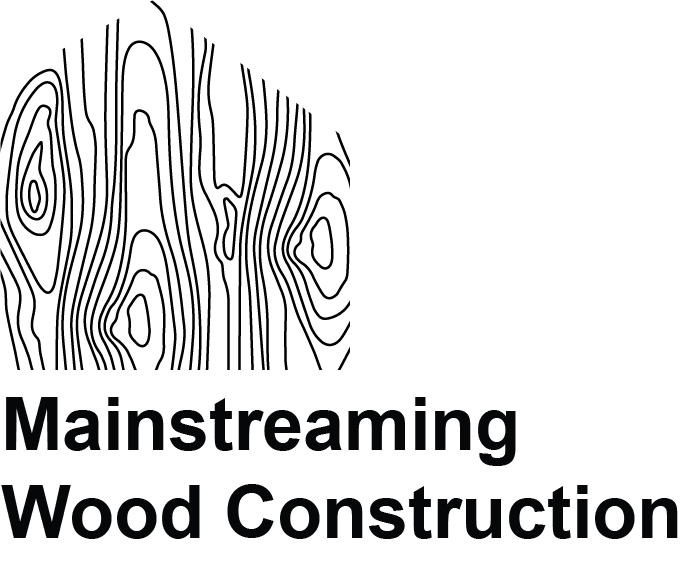In recent years, there has been growing concern about the rise in heatwaves and droughts. This paper provides a clear overview of how these events impact forest carbon uptake, building upon a recent study focused on the 2022 drought and heatwave in Europe.
We explain how prolonged droughts hinder photosynthesis, leading to reduced CO2 absorption from the atmosphere. Additionally, partial crown mortality increases carbon release. Furthermore, increased respiration, among other factors, diminishes overall CO2 uptake by forests.
These findings have great implications for countries relying on forestry to achieve their net-zero objectives. Managing forests efficiently requires accounting for the effects of drought on tree-based CO2 capture. Given the uncertainties surrounding forest carbon sink behavior during extreme climates, we point out that using wood materials will benefit long-term carbon storage, as opposed to emitting construction materials such as cement and steel.
Read the full publication here:
”Drought and heat reduce forest carbon uptake”
October 06, 2023 - This study is published in Nature Communications by Sebastian Wolf and Eugénie Paul-Limoges (Associated to the MainWood focus group on Forest Growth and Wood Production)
Forests are home to many species of animals and plants. They also provide materials and energy for human consumption. However, harmonizing these needs can be quite challenging. In this study, we examined the wood demand of the European Union (EU28), considering both internal production and imports. Our aim was to explore how varying forest management approaches and climate mitigation strategies in future scenarios might influence the risk of global species extinction.
The results of this study revealed that a big role in terms of impacts is played by the imports, rather than by internal production, and that finding balance between biodiversity conservation and extraction of natural resources remains a challenge.
Should the EU28 decide to reduce domestic wood harvesting and encourage the regrowth of natural forests, it would escalate the need for imports from regions rich in biodiversity, especially to meet the increasing demand for energy biomass necessary for climate mitigation strategies. Consequently, the overall impact on global biodiversity would intensify. Adopting a low-intensity forest management approach within the EU28, which would combine internal production and biodiversity protection, could mitigate this effect but definitely not compensate it.
Read the full publication here:
“Can Forest Management Practices Counteract Species Loss Arising from Increasing European Demand for Forest Biomass under Climate Mitigation Scenarios?”
January 27, 2023 - This study is published in Environmental Science & Technology by Francesca Rosa, Fulvio Di Fulvio, Pekka Lauri, Adam Felton, Nicklas Forsell, Stephan Pfister, and Stefanie Hellweg (Associated to the MainWood focus group on Global Wood Supply Chain)


